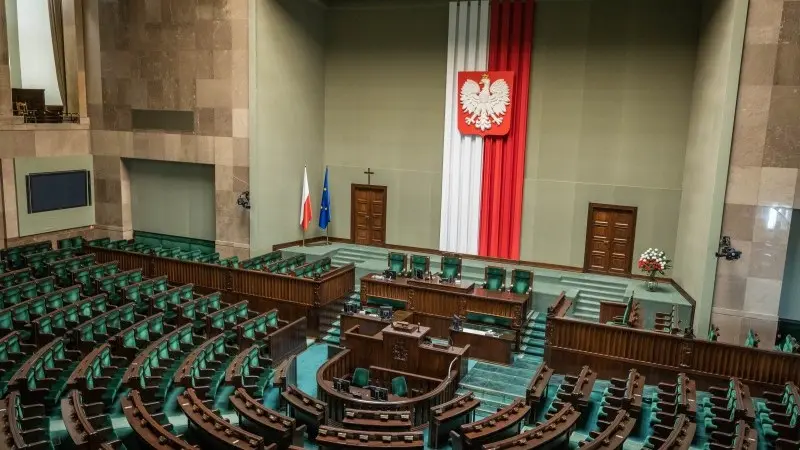How Poland is back on a pro-European course
Last month's elections in Poland have been a game-changer for the country's future and its relationship with Europe. In this bundle of articles, we look at the incoming coalition's main priorities, examine the fiscal space for its election pledges and discuss the prospects for unlocking more EU funds

Poland’s general election result on 15 October has opened new economic growth opportunities, even though the external environment is still unfavourable. The commitments of the new coalition bode well for the rule of law, market re-orientation and Foreign Direct Investment attractiveness. We're not yet done with the campaigning; we still have local government, European and Presidential elections still to come.
The fiscal side should remain expansionary. But we see low-hanging fruit, which the new government may use to restore higher potential growth and gradually rebalance its structure toward investments rather than consumption. We see great potential in unlocking private outlays after a few years of local businesses staying in “standby” mode amid high profits. Also, Poland may unlock EU money from the Recovery and Resilience Facility and a new EU budget while attracting FDI investors who perceive Poland as the number one destination for nearshoring but who've been staying on the sidelines. Also, we expect more actions in lagged energy transition, infrastructure, and human capital - while enhancing governance in State Owned Enterprises and other institutions.
In this bundle of three articles, we discuss five broad priorities for the new coalition, estimate the available fiscal space for its election pledges on top of already record-high borrowing needs in 2024, and discuss prospects for unlocking EU funds. Poland’s return to the European mainstream and burying the hatchet in the legal conflict with the European Commission should unlock money from the RRF. Two years ago, it was aimed to support post-Covid recovery; in the current context of economic stagnation, it will serve even better as a counter-cyclical measure. The incoming government is ahead of an ambitious task in transforming serious competitiveness, security and climate challenges into new growth engines of the Polish economy through large investment programmes in the military, for energy, infrastructure, and human capital. While waiting for the confidence vote in the Lower Chamber of Parliament in the coming weeks, we think the FX and FI markets reflect investor confidence that massive underweight positions in Polish Government Bonds are no longer justified right now.


